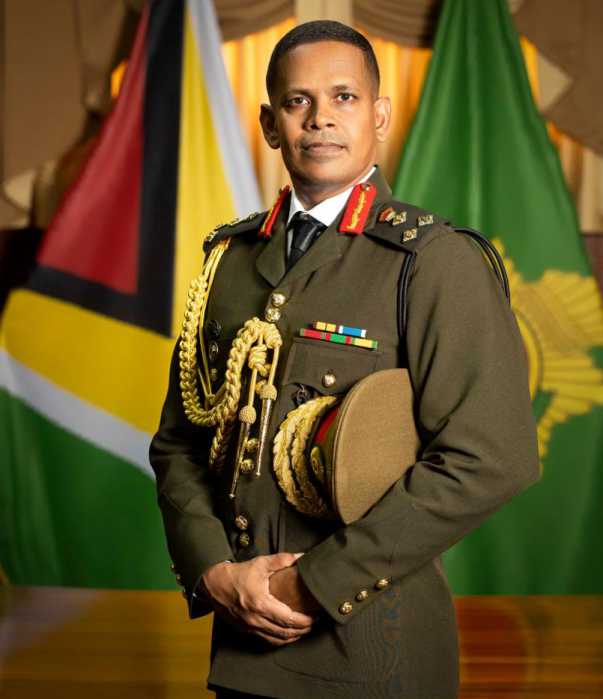About 80 Guyanese intellectuals and professionals spent more than seven hours in plenary conversation, Saturday, Oct. 26 at the Metropolitan Centre, Empire State College, 177 Livingston St., Brooklyn, on how to negate racial politics and catalyze transformation of Guyana. This discourse, sponsored by the Guyana Cultural Association, NY Inc. as its 11th Annual Symposium, was sparked by the recent Stabroek News editorial which questioned “ WHO ARE WE?” in context of the anxieties induced by the new waves of Chinese and Brazilian immigrants. Besides, the diaspora is awakening to Guyana’s resource base and is realizing that that Guyanese could live safer and better lives in Guyana if only there is significant transformation in the quality of politics, leadership and administration within the country. In addition, there is an expressed will to disabuse Guyanese of their fanciful understanding and expectations of living in North America, and focus on knowing of and how to utilize the resources of Guyana.
To the theme “Imaging Guyana Beyond Indian and African Politics of Race” distinguished Elder Eusi Kwayana, independent scholar Dr. Shamir Ally, Berry Etkins (Music educator, British Virgin Islands), Dr. Robert Moore, former high commissioner, Guyana, and Alfred Adams, made their presentations through SKYPE. Dr. Melissa Ifill and Gentian Miller represented the University of Guyana. Dr. Vibert Cambridge, professor emeritus, Ohio University, Dr. Juliet Emmanuel, City University of New York, Dr. Rory Fraser, Alabama A&M University, Dr. Lear Matthews, Dr. Cynthia Ward (Dean) and Rose October Edun of Empire State College, Desmond Roberts, independent scholar and former director general of Guyana National Service and Dr. Gillian Richard-Greaves were the other primary presenters and conveners of small group sessions. The “Environment,” “Peopling of Guyana,” the “Diaspora,” “The Creative Experience,” and “Governance” were the sub-themes discussed by those groups.
The plenary diagnosed that the politics of race, alienation instead of inclusion, domination instead of collaboration, subversion instead of participation, abuse instead of respect, and the culture of master-leaders instead of servant-leaders have made it difficult to build accountable and democratic governance, a meritocracy, and allow space for the flourishing of individual creativity, innovativeness and independence. Further, the environment is inhospitable or indifferent to professionalism, best practices, ethics, and the imperatives for development. These pronouncements are not new to those who observe Guyana. The bug bear has always been implementation of recommendations. What is outstanding here is the expressed commitment to network the Guyanese Diaspora across ethnic and cultural lines to garner participation and resources to directly impact the lives of Guyanese in Guyana and break the dysfunctional cycle. That includes networking with non-partisan organizations and institutions, such as trade unions, religious organizations and the University of Guyana. What is also significant, judging from the exchanges, is that Guyanese intellectuals across the ethnic and political divide are becoming increasingly sober in their evaluations of Guyana, and are more inclined to reason with than oppose each other.
It was observed that Guyana cannot develop without the Diaspora, which contains most of its best human resources, institutional memory, and critical institutional and global linkages. The plenary was advised, however, that the basis for collaboration between the diaspora and local Guyanese must be mutual respect. Those in the diaspora have to shed the tendency that they are necessarily wiser and better than their counterparts in Guyana. And those in Guyana have to stop perceiving the diaspora as a threat, and opt for collaboration and learning. It is believed that unless a major intervention is made, Guyanese will not profit from the resources of Guyana but others will.




















